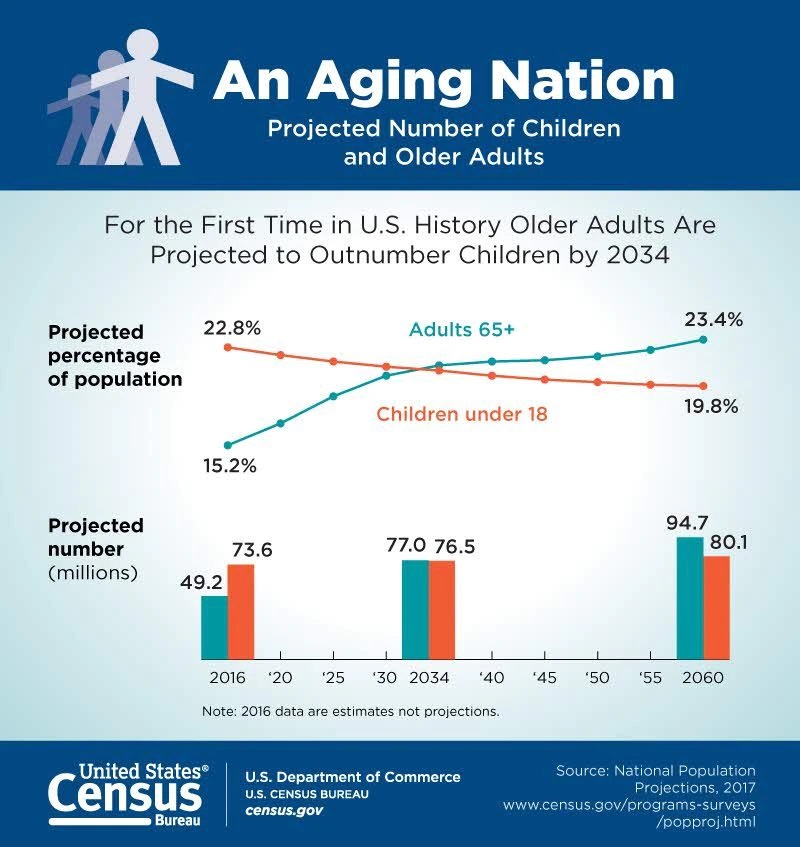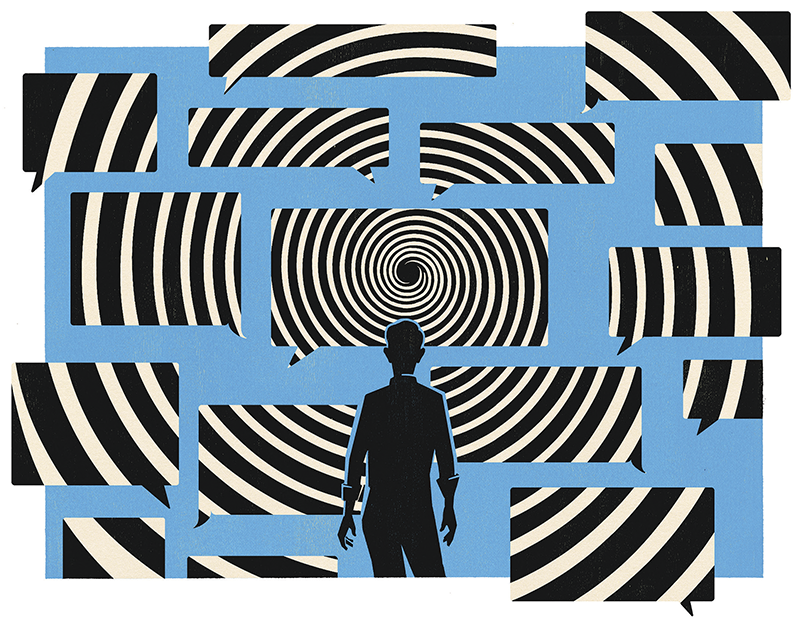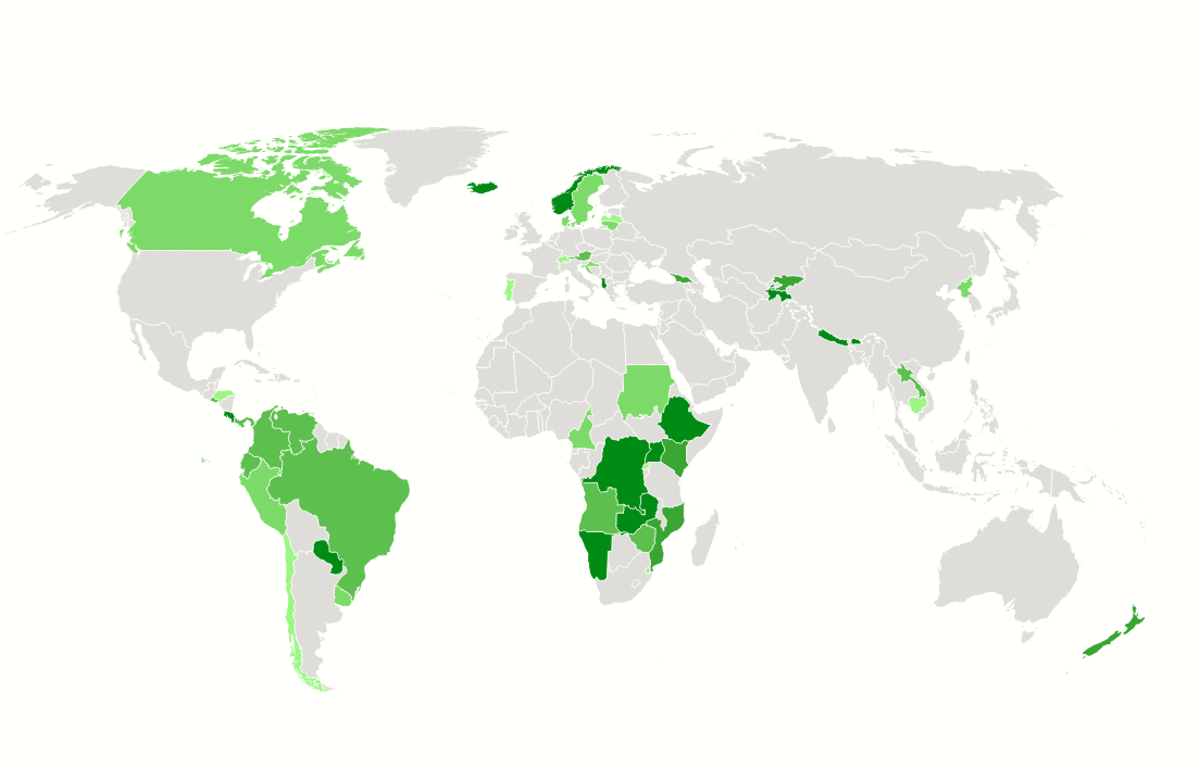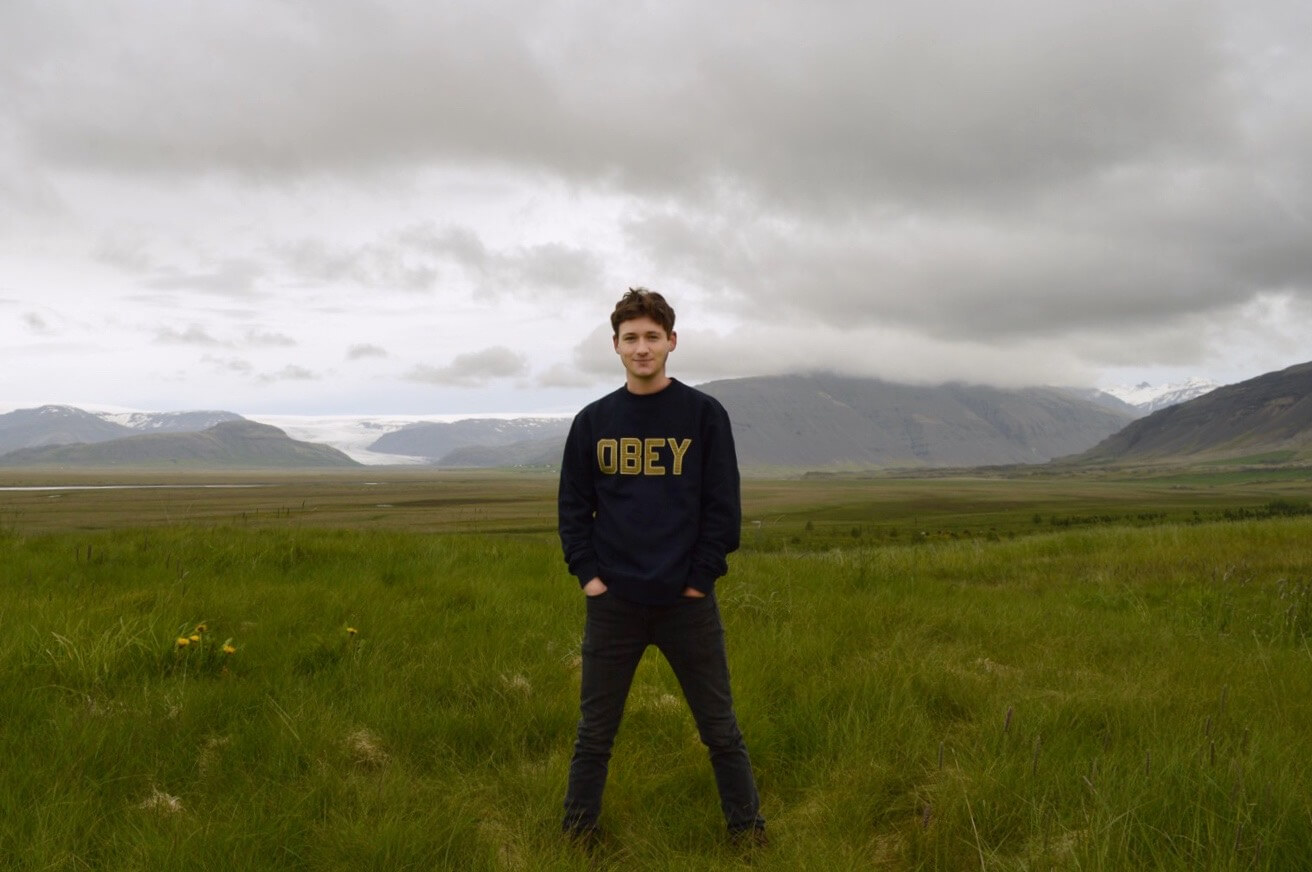
Good news, bad news – Digby's Hullabaloo
The clock is ticking, a friend casually remarked this week. A few years younger than me, he is already contemplating how much life he has left. His mother died at 76; his father, in his fifties. Meanwhile, an acquaintance still lives alone at 99, still drives, and writes cogent letters to the editor. My relations tend to make it into their nineties. Genetics is a crap shoot. For now.
The period immediately after the Spanish Flu pandemic of a century ago was the last time life spans dipped around the world. The New York Times reposts to its landing page today a story from last month about the doubling of life spans in the century since. The reasons are traceable to a myriad of little-noticed changes along the way that helped us dodge death early in life: “the smallpox infection that didn’t kill you at age 2; the accidental scrape that didn’t give you a lethal bacterial infection; the drinking water that didn’t poison you with cholera,” etc. The rates of death in childbirth and infant mortality have plummeted. My mother at nearly 90 just discovered an aunt she never knew about who died at the age of two over a century ago.
One strange thing about the story of global life expectancy is how steady the number was for almost the entirety of human history. Until the middle of the 18th century, the figure appears to have rarely exceeded a ceiling of about 35 years, rising or falling with a good harvest or a disease outbreak but never showing long-term signs of improvement. A key factor keeping average life expectancy low was the shockingly high rates of infant and childhood mortality: Two in five children perished before reaching adulthood. Human beings had spent 10,000 years inventing agriculture, gunpowder, double-entry accounting, perspective in painting — but these undeniable advances in collective human knowledge failed to move the needle in one critical category: how long the average person could expect to live.





/https://public-media.si-cdn.com/filer/2d/f8/2df8565b-846e-47d1-b139-ce52095fb8da/37437678176_efd04bd9e4_o_web.jpg)
















